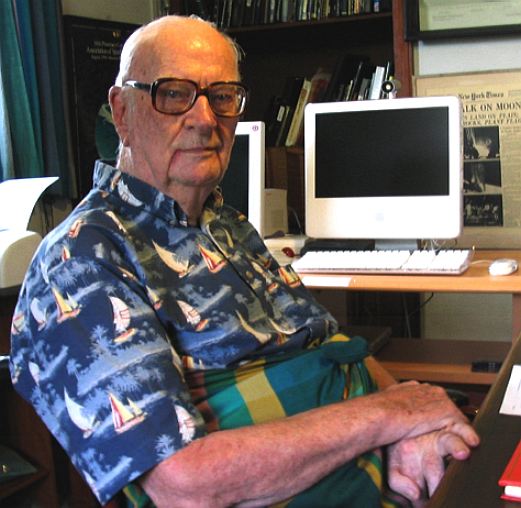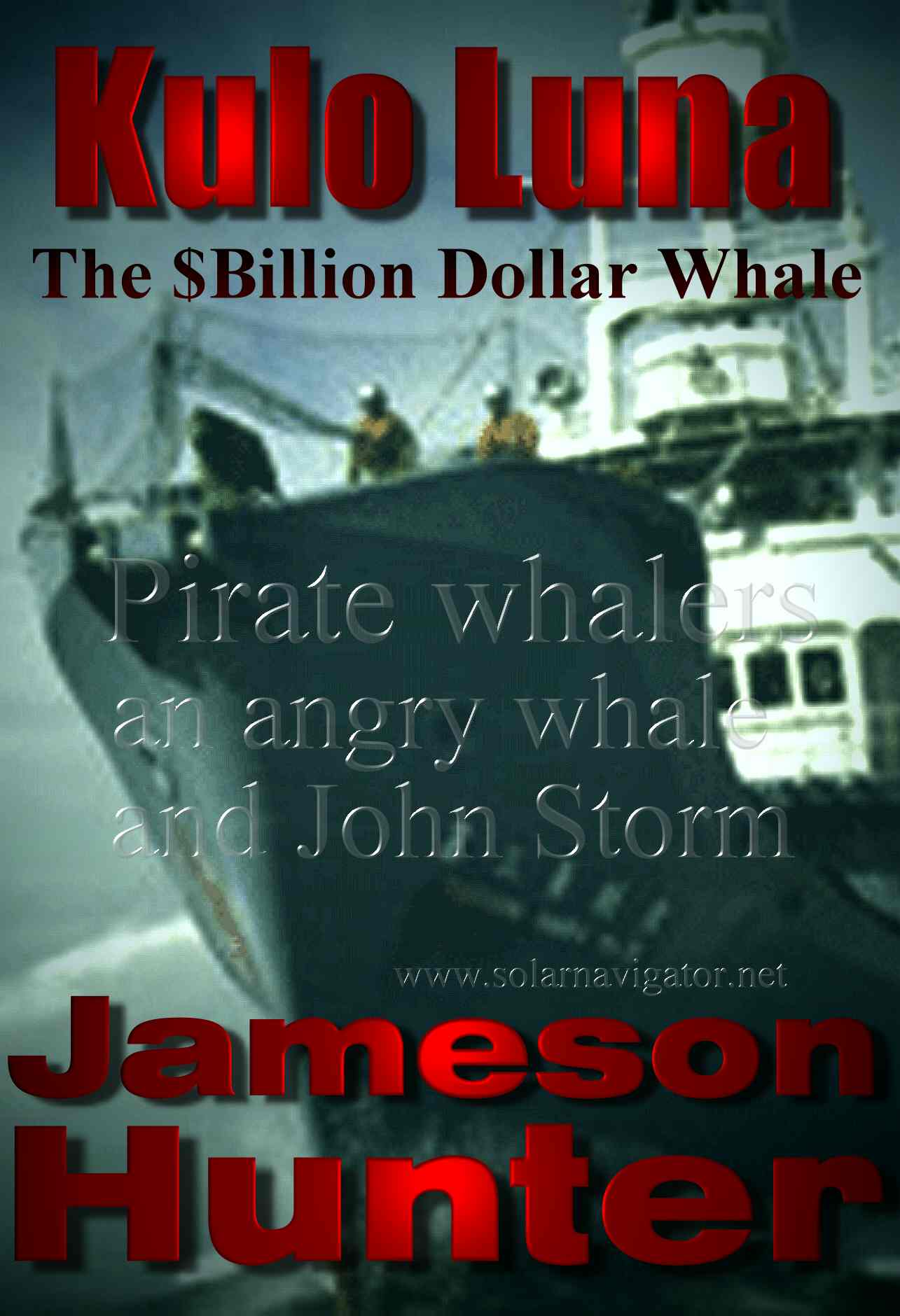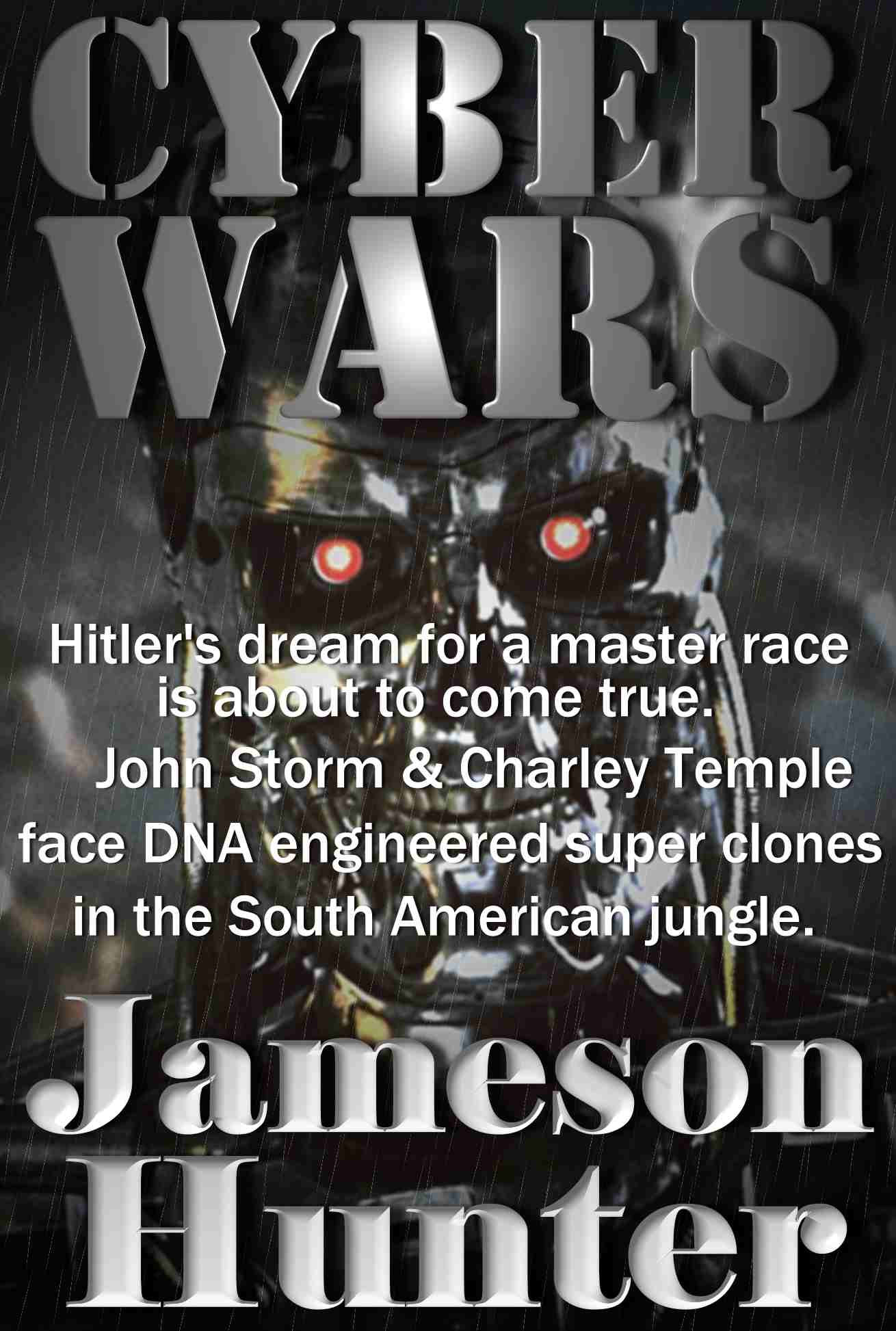|
Sir Arthur Charles Clarke, CBE, FRAS, Sri Lankabhimanya, (16 December 1917 – 19 March 2008) was a British science fiction author,
inventor, and futurist, famous for his short stories and novels, among them 2001: A Space Odyssey (1968), and as a host and commentator in the
British television series Mysterious
World. For many years, Robert A. Heinlein, Isaac Asimov, and Clarke were known as the "Big Three" of science
fiction.

Clarke served in the Royal Air Force as a
radar instructor and technician from 1941 to 1946. In 1945, he proposed a satellite communication system—an idea that, in 1963, won him the Franklin Institute Stuart Ballantine Gold
Medal. He was the chairman of the British Interplanetary Society from 1947–1950 and again in
1953.
In 1956, Clarke emigrated to Sri
Lanka, largely to pursue his interest in scuba
diving. That year, he discovered the underwater ruins of the ancient Koneswaram temple in Trincomalee. He lived in Sri Lanka until his death. He was knighted by
Queen Elizabeth II in
1998, and was awarded Sri Lanka's highest civil honour, Sri Lankabhimanya, in 2005.
Writing career
While Clarke had a few stories published in fanzines, between 1937 and 1945, his first professional sale appeared in Astounding Science Fiction in 1946: "Loophole" was published in April, while "Rescue Party", his first sale, was published in May. Along with his writing Clarke briefly worked as Assistant Editor of Science Abstracts (1949) before devoting himself to writing full-time from 1951 onward. Clarke also contributed to the Dan Dare series published in Eagle, and his first three published novels were written for children.
Clarke corresponded with C. S. Lewis in the 1940s and 1950s and they once met in an Oxford pub, The Eastgate, to discuss science fiction and
space travel. Clarke, after Lewis's death, voiced great praise for him, saying the Ransom Trilogy was one of the few works of science fiction that could be considered literature.
In 1948 he wrote "The Sentinel" for a BBC competition. Though the story was rejected, it changed the course of Clarke's career. Not only was it the basis for 2001: A Space Odyssey, but "The Sentinel" also introduced a more cosmic element to Clarke's work. Many of Clarke's later works feature a technologically advanced but still-prejudiced mankind being confronted by a superior alien intelligence. In the cases of The City and the Stars (and its original version, Against the Fall of Night), Childhood's End, and the 2001 series, this encounter produces a conceptual breakthrough that accelerates humanity into the next stage of its evolution. In Clarke's authorised biography, Neil McAleer writes that: "many readers and critics still consider [Childhood's End] Arthur C. Clarke's best
novel."
Clarke lived in Sri Lanka from 1956 until his death in 2008, having emigrated there when it was still called Ceylon, first in Unawatuna on the south coast, and then in
Colombo. The Sri Lankan government offered Clarke resident guest status in
1975. He was an avid scuba diver and a member of the Underwater Explorers Club. In addition to writing, Clarke set up several diving-related ventures with his business partner Mike Wilson. In 1956, while scuba diving, Wilson and Clarke uncovered ruined masonry, architecture and idol images of the sunken original Koneswaram temple — including carved columns with flower insignias, and stones in the form of elephant heads — spread on the shallow surrounding
seabed. Other discoveries included Chola bronzes from the original shrine, and these discoveries were described in Clarke's 1957 book The Reefs of
Taprobane.
In 1961, while filming off Great Basses Reef, Wilson found a wreck and retrieved silver coins. Plans to dive on the wreck the following year were stopped when Clarke developed paralysis, ultimately diagnosed as polio. A year later, Clarke observed the salvage from the shore and the surface. The ship, ultimately identified as belonging to the Mughal Emperor, Aurangzeb, yielded fused bags of silver rupees, cannons, and other artefacts, carefully documented, became the basis for The
Treasure of the Great Reef. Living in Sri Lanka and learning its history also inspired the backdrop for his novel The Fountains of Paradise in which he described a space elevator. This, he believed, would make rocket based access to space obsolete and, more than geostationary satellites, would ultimately be his scientific
legacy.
His many predictions culminated in 1958 when he began a series of magazine essays that eventually became Profiles of the Future, published in book form in 1962. A
timetable up to the year 2100 describes inventions and ideas including such things as a "global library" for 2005. The same work also contained "Clarke's First Law" and text that became Clarke's three laws in later editions.
NOVELIST
INDEX
A - Z
|
2001
Space Odyssey - Youtube
|
3001
- Youtube
|
|
Star
Gate - Youtube
|
Arthur
C Clarke - Youtube
|
LINKS:

A
taste for adventure
 
A
heartwarming adventure: pirate
whalers V conservationists
|
